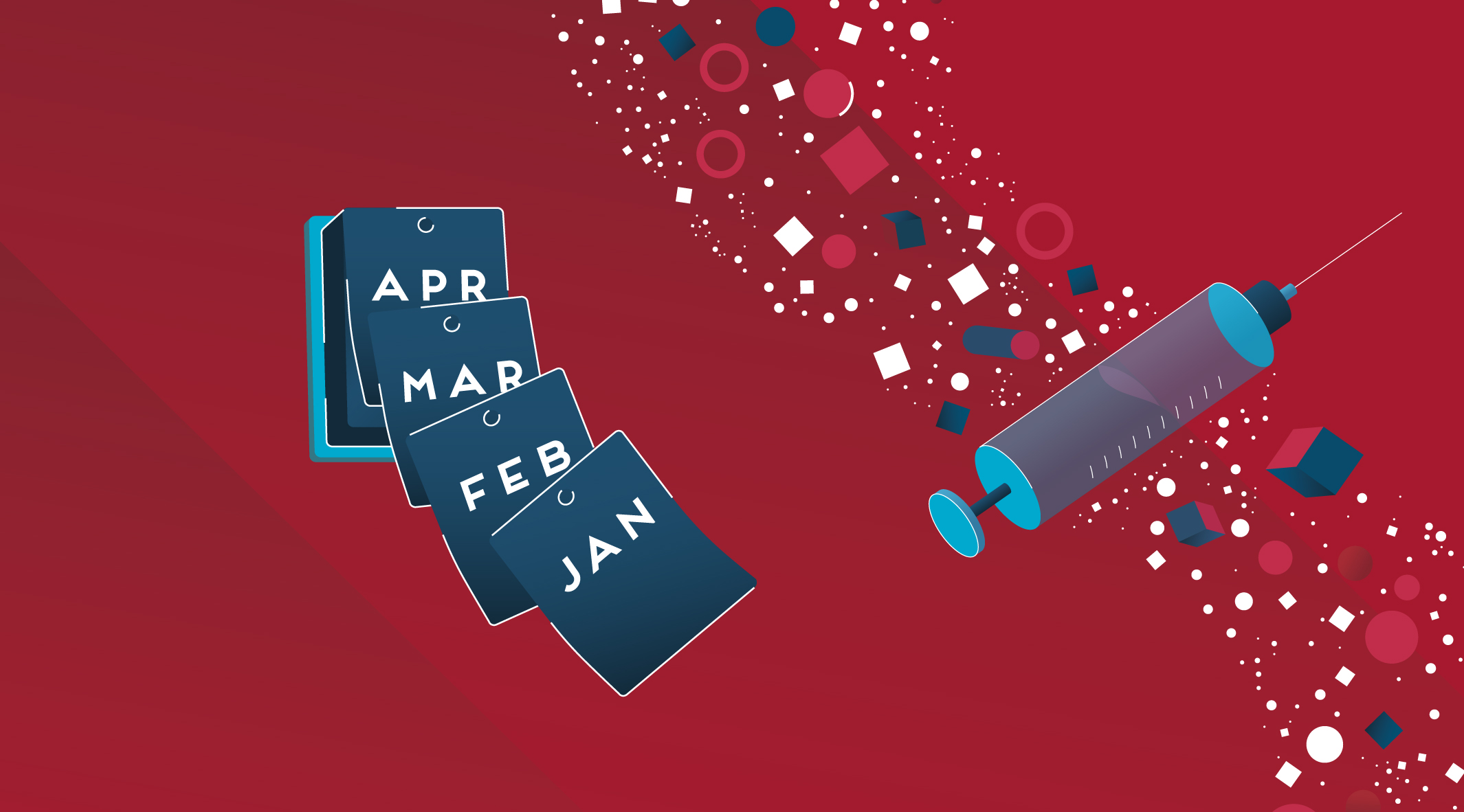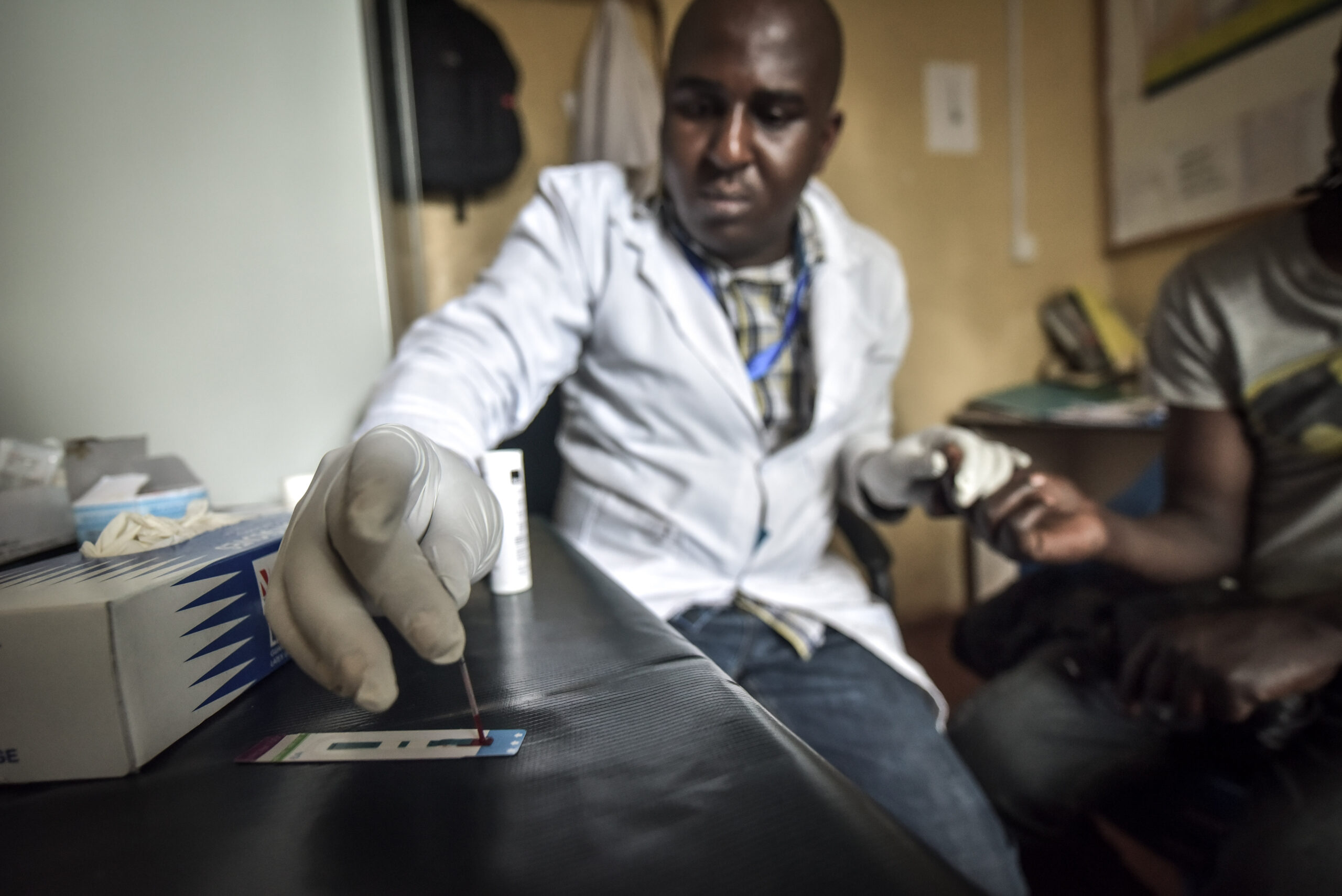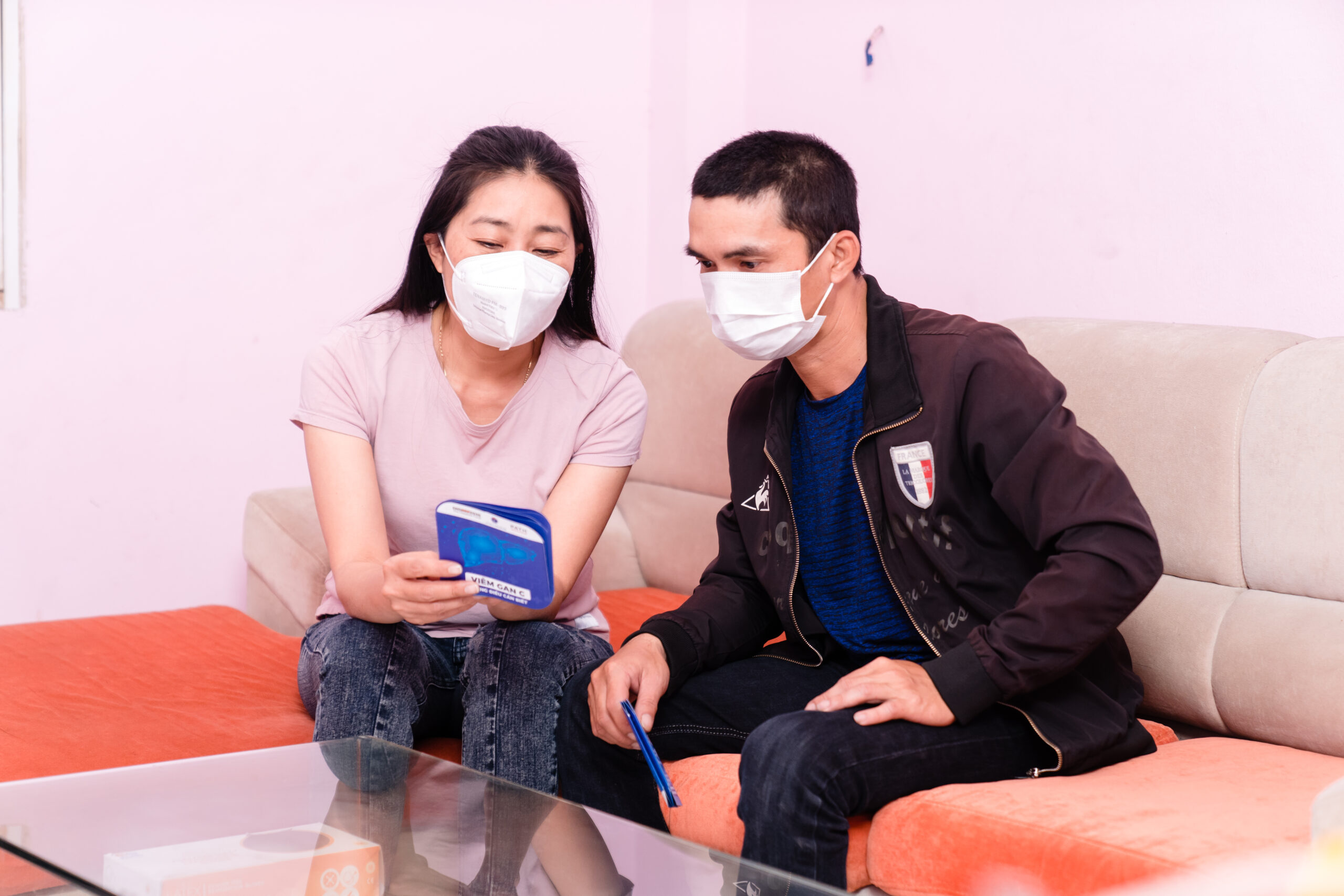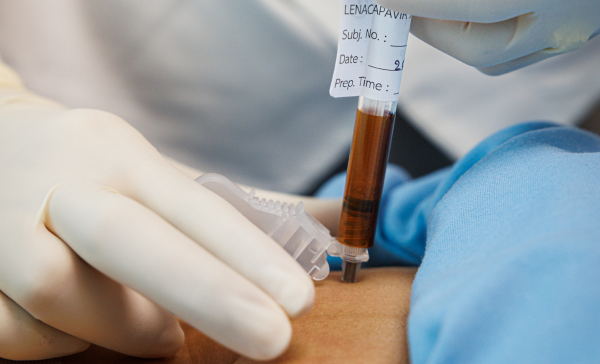The problem
Each year, more than a million people become newly infected with HIV. In recent years, the number of annual infections has stagnated, and in certain regions such as Latin America it is rising. Moreover, in Latin America certain key populations, including men who have sex with men and transgender individuals are disproportionately impacted.
Pre-exposure prophylaxis (PrEP) is a preventive medication for individuals who are at high risk of HIV and, when used appropriately, is highly effective at preventing infection. Originally available only as a once-daily pill, PrEP options have since expanded to include long-acting products such as injectables which could help more people access a method that works for them.
However, several barriers restrict widespread access including high costs, limited availability and a lack of awareness and demand. Social stigma and discrimination associated with HIV risks can also deter individuals from seeking PrEP.
Our response
The ImPrEP and PrEP1519 projects aim to reach underserved and at-risk populations – including adolescents aged 15-19 years old – with information and access to a variety of PrEP options. Initially focused on once-daily oral PrEP, work in Brazil, Mexico and Peru generated evidence for diversified channels and delivery models to serve key populations. These efforts have produced operational evidence that is helping scale up oral PrEP in targeted countries and raise awareness and demand more broadly. Additionally, this work has supported the development of World Health Organization policies, guidelines, and protocols.
When a new injectable HIV prevention medicine, long-acting cabotegravir, was introduced, Unitaid expanded the work in Brazil to integrate this new option into the national health service and collect further evidence on successful implementation and uptake. In addition, this project is investigating linkages with self-testing for hepatitis C and investigating the role of HIV self-testing in the context of long-acting injectable PrEP.
ImPrEP and PrEP1519 are part of Untiaid’s broader investment to accelerate access to new PrEP options. A complementary project is working to reach adolescent girls and young women in South Africa. Furthermore, with support to the Unitaid-funded Medicines Patent Pool, other intellectual property grants, and generic manufacturers, we are working to ensure affordability and widespread availability of all PrEP choices. We are also engaging extensively with communities, countries, civil society, donors, global health agencies and industry partners to enhance and accelerate access to both originator products and quality-assured generics.







